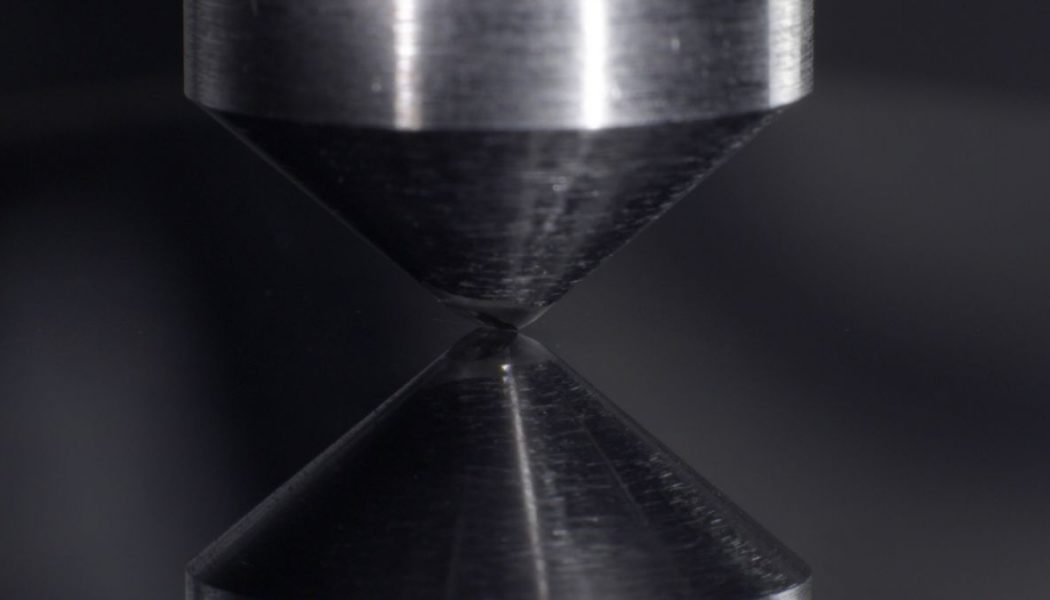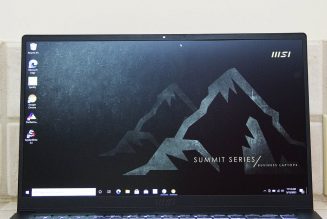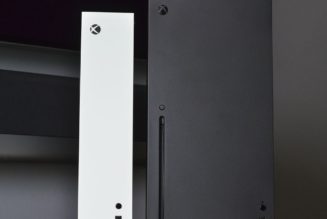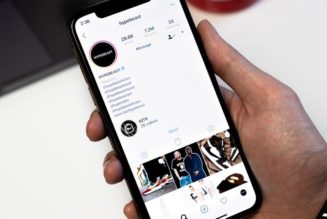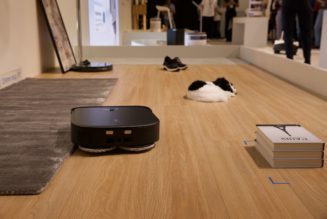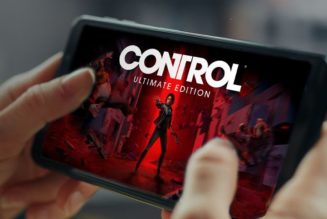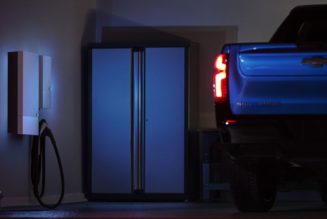Your next Samsung Galaxy or iPhone may soon include the toughest gadget glass Corning has ever created. Today, the company’s announcing Gorilla Glass Victus — a glass that can not only resist a six-foot drop, but also the first in six years to meaningfully improve your phone’s ability to shrug off nasty scratches.
It’s a little-known fact that Corning’s Gorilla Glass hasn’t gotten much better at resisting keys and coins since 2014’s Gorilla Glass 3, and it has arguably gotten slightly worse since: our reporting showed that Gorilla Glass 4 actually performed worse in some tests, Gorilla Glass 5 was in the middle, and Gorilla Glass 6 didn’t improve any further since Corning was more focused on making your phone survive a nasty tumble instead.
But Corning claims the new Victus glass — there’s no Gorilla Glass 7, just Victus — can do both drops and scratch resistance simultaneously, with no known trade-offs. The company says it has twice the scratch resistance of Gorilla Glass 6, four times the resistance of competing glass, and a representative Victus-clad dummy phone can survive up to a 2-meter (6.5-foot) drop.
That drop resistance is nothing to sneeze at; it’s a foot and a quarter higher than Corning quoted for Gorilla Glass 6 (1.6m or 5.25 feet) or the 1.2m (3.9 feet) the company claimed Gorilla Glass 5 was capable of. We’ve theoretically gone from shoulder-height to head-height survivability in just four years, which is good news if you ever feel like holding your phone up to your ear. People still do that, right?
:no_upscale()/cdn.vox-cdn.com/uploads/chorus_asset/file/20108017/Knoop_Scratch_Test_1.jpg)
But you should probably know that drop and scratch resistance can vary wildly depending on how you drop or scratch your phone, and Corning isn’t pretending it has a magic bullet there. Corning VP and lead Gorilla Glass scientist Jaymin Amin candidly admits that Victus isn’t pocket-proof when I ask whether the bits of dirt, sand, metal, and other materials that can get wedged in keys and coins could still cause a scratch. “I think those caveats would still apply on any glass material,” says Amin, “but what this does for you is reduce those instances quite dramatically.”
It may also depend on the manufacturer. Amin says at least one manufacturer realized that Victus is so much better than Gorilla Glass 6 that it’s opting to put a thinner layer of the new glass on its device instead of maximizing durability. Similarly, one of Corning’s marketing videos suggests that “Victus is so good that if you used it on phones designed just three or four years ago, you’d be hard pressed to break them in an everyday drop event” — but phones were thicker three years ago, so you probably shouldn’t count on it.
The one thing you probably can count on is that the next wave of premium phones will include Corning’s new glass. Samsung will be the first to introduce Victus with a product coming “in the next few months,” and multiple other OEMs are designing it into flagship phones, too. Gorilla Glass, in general, has been an industry standard for years, ever since the “hail Mary” play that made it Apple’s glass of choice for the iPhone, iPad, and beyond. (Other manufacturers are trying to edge in.)
Apparently, Victus also won’t cost more to adopt. While Corning is definitely hinting the new glass will come with a premium price tag, the company says it’ll even out for manufacturers in the end since the improved scratch resistance means they’ll have to throw out fewer scratched screens at the factory. It just seems they’re not passing along those savings quite yet.
Me, I’m just a little sad I bought an iPhone 11 Pro instead of waiting a bit longer. I scratched it the very first week and have no idea how. I never put anything else in that pocket.
